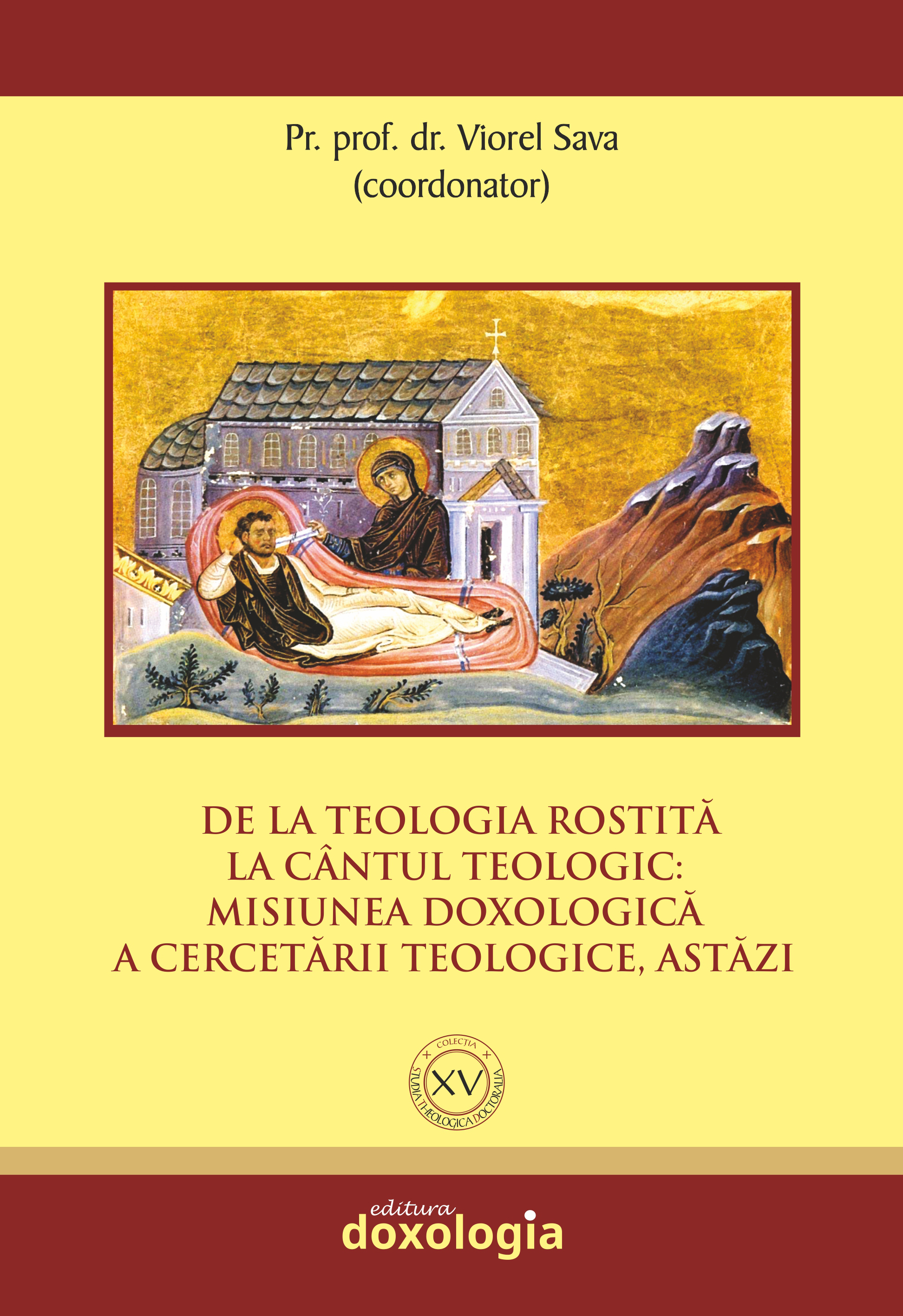Lumea textului și a limbajului religios în viziunea filosofului Paul Ricoeur
The world of text and religious language in the vision of the philosopher Paul Ricoeur
Author(s): Bogdan MAXIM
Subject(s): Theology and Religion, Comparative Studies of Religion
Published by: Editura Doxologia
Keywords: world of text; language; discourse; hermeneutics; speech; writing; biblical faith;
Summary/Abstract: In this study we want to observe the evolution of language by analyzing language as discourse, highlighting the relationship between language and writing, and understanding a text correctly. Paul Ricoeur tries to understand, to believe and to find a way in the world of the text that establishes a greater harmony between philosophy and religion, but never a simple solution. We will focus on texts because discourse in them acquires a triple semantic autonomy: vis-à-vis the speaker's intention, the audience's reception, and the cultural circumstances of its production. In other words, a “world of the text” is projected, a “world in which I could live”, as the philosopher says, and which is open to multiple readings. The study begins by answering the question: what is a text? Paul Ricoeur presents his answer in a study entitled From Text to Action, which helps us to see the meaning of this question. At first sight, the definition of a text as “any discourse set down in writing” is a platitude whose philosophical discourse acquires a triple semantic autonomy: the speaker's intention, the audience's reception and the ethical interest are difficult to discern. We will see that everything changes when we consider the complexity of the functions associated with the notion of discourse, which, understood linguistically, is immediately a dialectic of meaning and event. For Ricoeur, the concept of the text becomes intelligible only when it is identified around five themes, each of which plays a particular role in determining the philosophical status of interpretation, and step by step the hermeneutics of texts moves toward a higher path, namely that the text is not only a project, a statement about the world, but also “the mediation through which we understand ourselves”. Then the formula: “to understand is to understand oneself before the text” will unfold its full meaning. All these features taken together form the criteria of textuality and are presented in detail in this article.
- Page Range: 250-259
- Page Count: 10
- Publication Year: 2023
- Language: Romanian
- Content File-PDF

